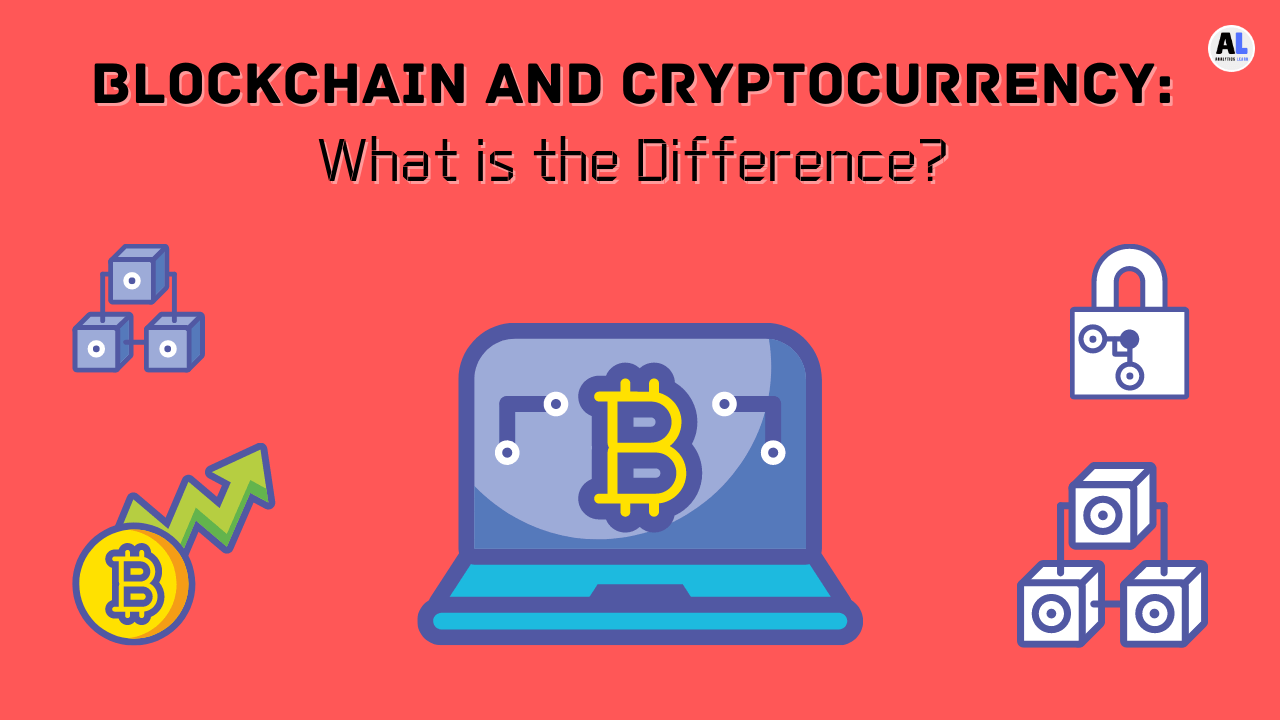Are all cryptocurrencies based on blockchain
Public perception of blockchain and cryptocurrencies, in particular, remains uneasy. High-profile collapses of once-trusted cryptocurrency brokers, such as Mt leovegas casino. Gox back in 2014, or FTX in November 2022, persistence of various crypto scams, and general skepticism towards new technology and its bold promises, all contribute to ongoing public skepticism about a decentralized future. As of 2024, 44% of Americans still say they will never purchase a cryptocurrency.
The Solana (SOL) blockchain has been around since 2017, and is one of the fastest chains, with a transaction speed of 3,000 TPS (theoretically, up to 710,000). The highly scalable Solana blockchain achieves this impressive speed using a hybrid proof-of-history (PoH)/proof-of-stake (PoS) consensus mechanism.
Although blockchain can save users money on transaction fees, the technology is far from free. For example, the Bitcoin network’s proof-of-work system to validate transactions consumes vast amounts of computational power. In the real world, the energy consumed by the millions of devices on the Bitcoin network is more than the country of Pakistan consumes annually.
Blockchain does not allow easy alteration of data. This means once a block containing several transactional information is added to the blockchain, it cannot be changed. Changing any data would require the consent of the majority of the nodes.
:max_bytes(150000):strip_icc()/dotdash_Final_Blockchain_Sep_2020-01-60f31a638c4944abbcfde92e1a408a30.jpg)
Are all cryptocurrencies based on blockchain
With many practical applications for the technology already being implemented and explored, blockchain is finally making a name for itself in no small part because of Bitcoin and cryptocurrency. As a buzzword on the tongue of every investor across the globe, blockchain stands to make business and government operations more accurate, efficient, secure, and cheap, with fewer intermediaries.
Many in the crypto space have expressed concerns about government regulation of cryptocurrencies. Several jurisdictions are tightening control over certain types of crypto and other virtual currencies. However, no regulations have yet been introduced that focus on restricting blockchain uses and development, only certain products created using it.
By submitting your email address, you acknowledge that you have read the Privacy Statement and that you consent to our processing data in accordance with the Privacy Statement (including international transfers). If you change your mind at any time about wishing to receive the information from us, you can send us an email message using the Contact Us page.

With many practical applications for the technology already being implemented and explored, blockchain is finally making a name for itself in no small part because of Bitcoin and cryptocurrency. As a buzzword on the tongue of every investor across the globe, blockchain stands to make business and government operations more accurate, efficient, secure, and cheap, with fewer intermediaries.
Many in the crypto space have expressed concerns about government regulation of cryptocurrencies. Several jurisdictions are tightening control over certain types of crypto and other virtual currencies. However, no regulations have yet been introduced that focus on restricting blockchain uses and development, only certain products created using it.
Value of all cryptocurrencies
TThe data at CoinMarketCap updates every few seconds, which means that it is possible to check in on the value of your investments and assets at any time and from anywhere in the world. We look forward to seeing you regularly!
The very first cryptocurrency was Bitcoin. Since it is open source, it is possible for other people to use the majority of the code, make a few changes and then launch their own separate currency. Many people have done exactly this. Some of these coins are very similar to Bitcoin, with just one or two amended features (such as Litecoin), while others are very different, with varying models of security, issuance and governance. However, they all share the same moniker — every coin issued after Bitcoin is considered to be an altcoin.
Play-to-earn (P2E) games, also known as GameFi, has emerged as an extremely popular category in the crypto space. It combines non-fungible tokens (NFT), in-game crypto tokens, decentralized finance (DeFi) elements and sometimes even metaverse applications. Players have an opportunity to generate revenue by giving their time (and sometimes capital) and playing these games.
The first chain to launch smart contracts was Ethereum. A smart contract enables multiple scripts to engage with each other using clearly defined rules, to execute on tasks which can become a coded form of a contract. They have revolutionized the digital asset space because they have enabled decentralized exchanges, decentralized finance, ICOs, IDOs and much more. A huge proportion of the value created and stored in cryptocurrency is enabled by smart contracts.
